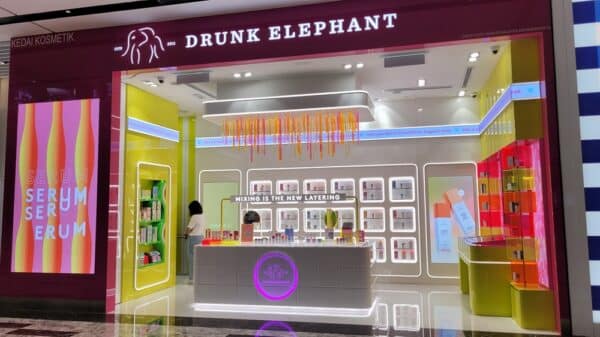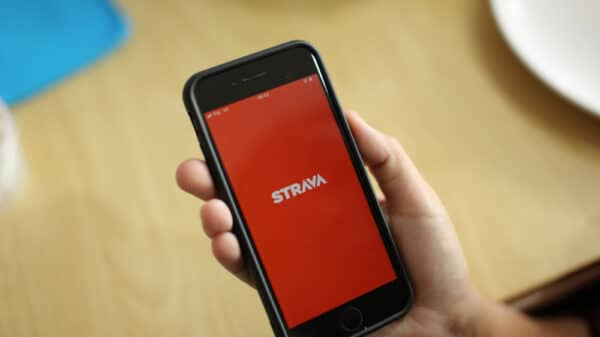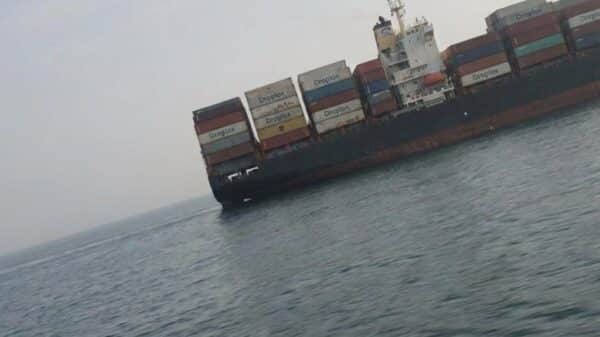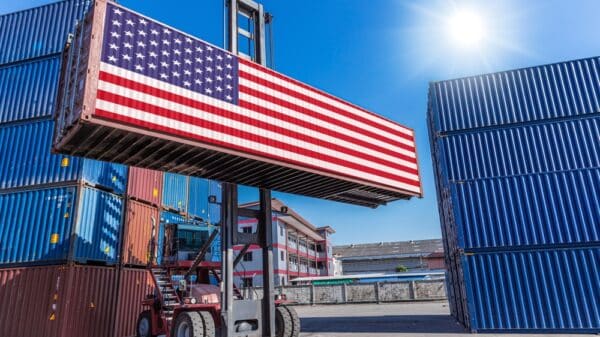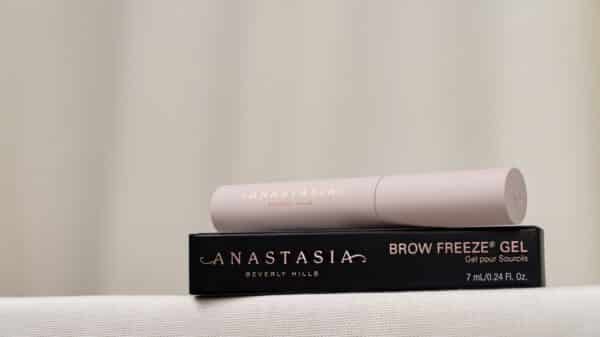Better Cotton Initiative (BCI) is set to roll out new in-store labeling to inform consumers about the proportion of BCI cotton in their products, introducing the label ‘BCI Cotton.’
Over the past sixteen years, BCI has developed an extensive network of 1.4 million certified cotton farmers across the globe. These growers are recognized for their adherence to sustainable practices that minimize the use of water, fertilizers, and pesticides, while also promoting social responsibility by addressing issues like forced labor and child labor.
By introducing this new label, BCI aims to enhance visibility around its corporate social responsibility (CSR) efforts to end consumers. This label will certify that the farms, suppliers, retailers, and brands have been evaluated against BCI’s sustainability standards by an independent third party.
“In an era where sustainability claims are facing heightened scrutiny, and where industry demands are shifting towards stronger environmental, social, and governance (ESG) commitments, transparency and accountability have never been more critical,” stated Nick Weatherill, CEO of BCI. “Our new labeling initiative underscores our dedication to these principles, reinforcing our mission to achieve impactful and ongoing progress towards sustainability in the cotton industry.”
Currently, BCI claims responsibility for 23% of global cotton production, a slight increase from 22% from the previous year, yielding 5.6 million tonnes across fifteen countries for the 2023/24 season.
According to Textile Exchange, 2024 saw cotton remain the world’s second most-produced fiber, following polyester, with a total harvest of 24.5 million tonnes, representing a 19% decrease from the previous year. Notably, 34% of cotton produced that year was certified as sustainable, an increase from 28% in 2023.


